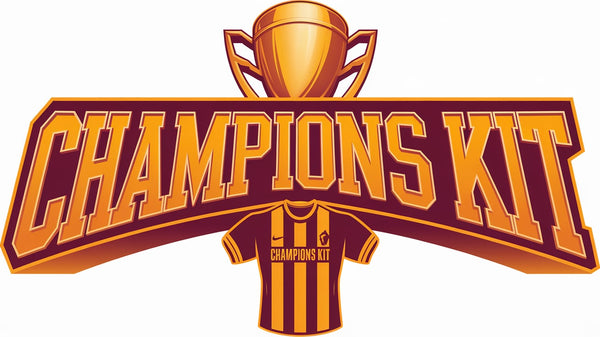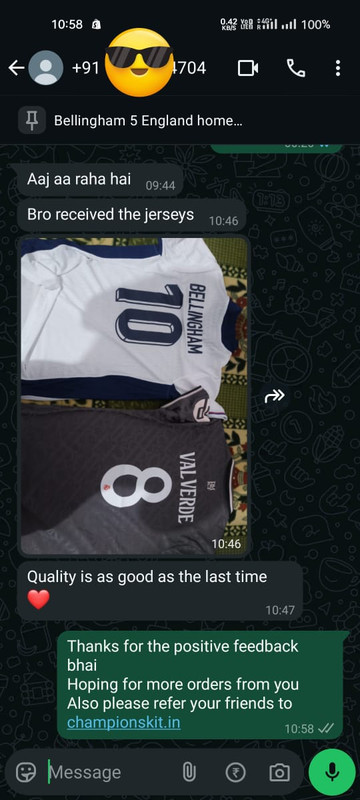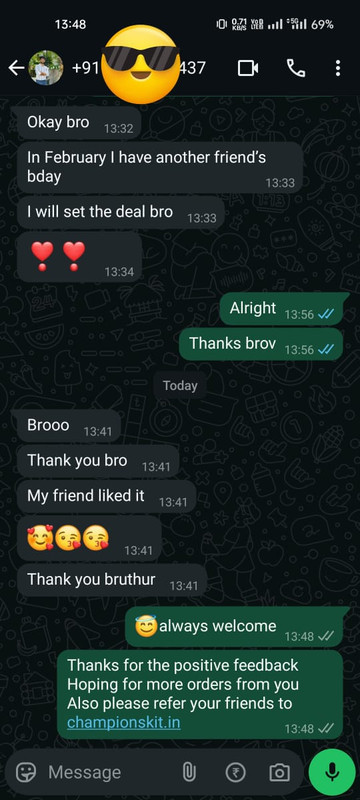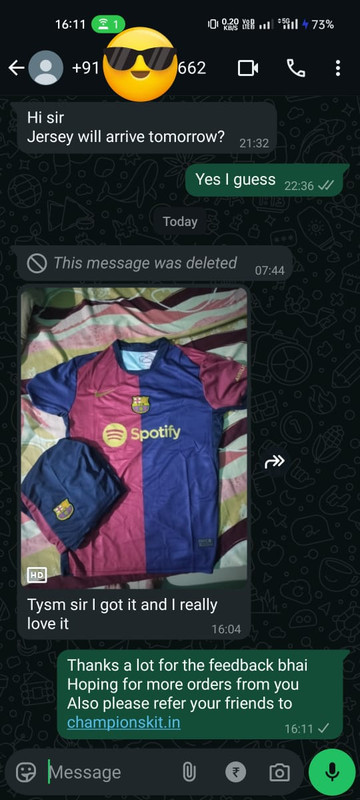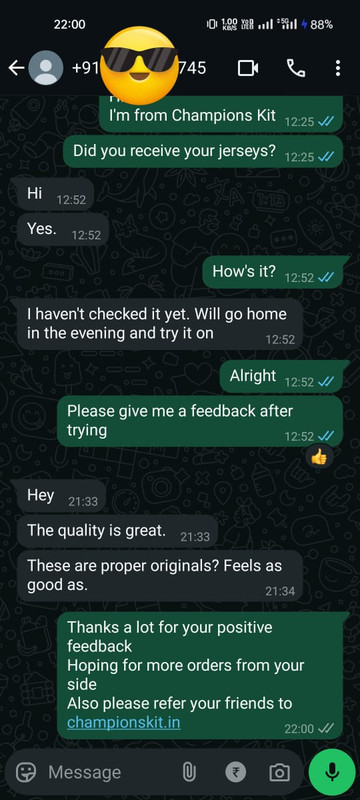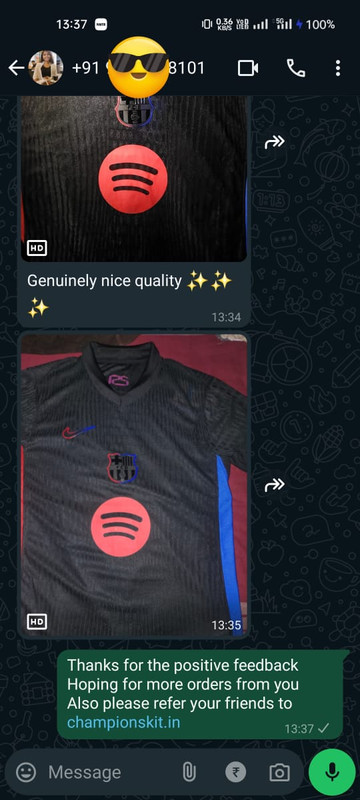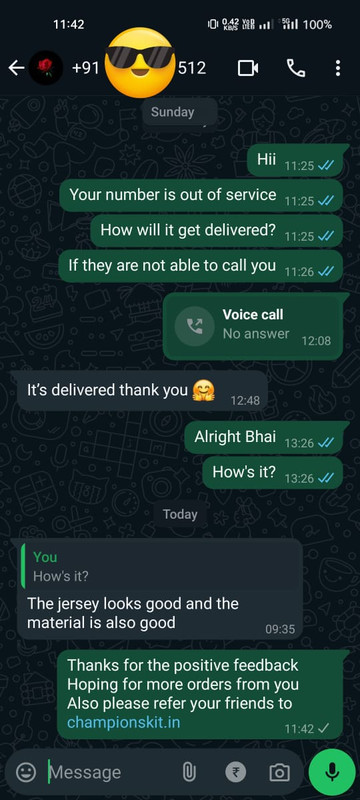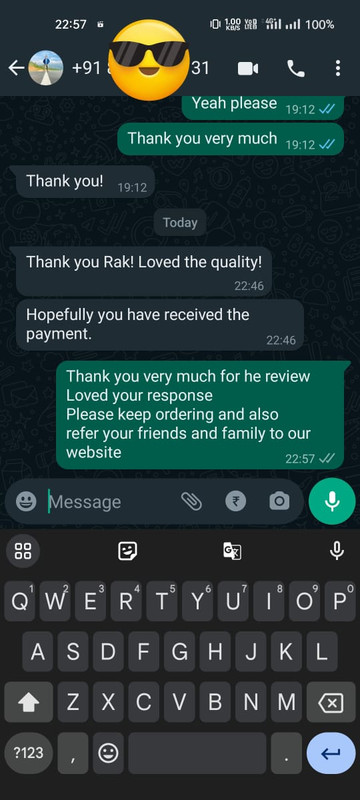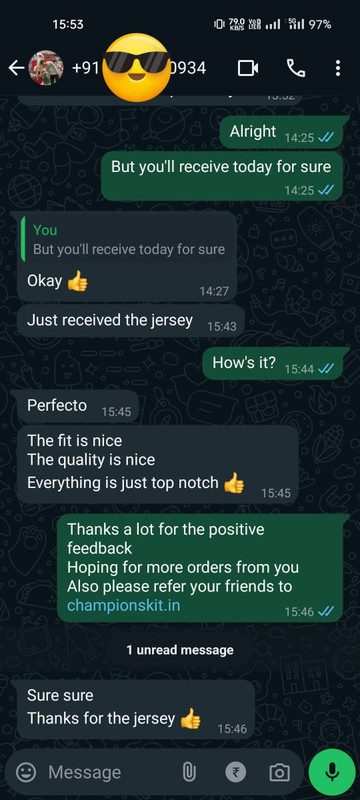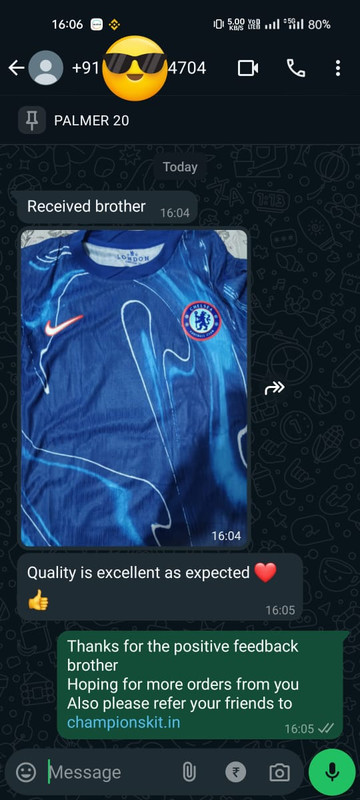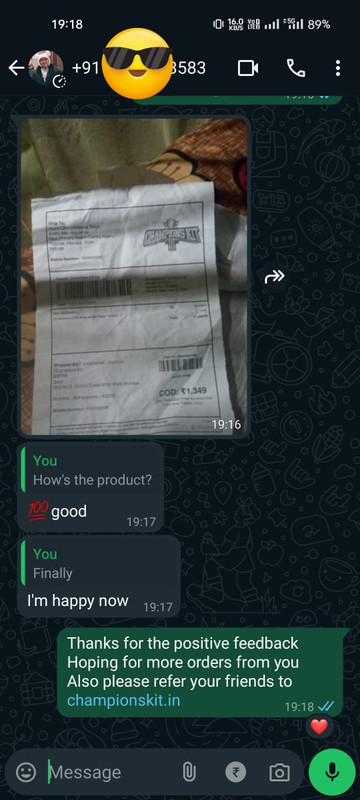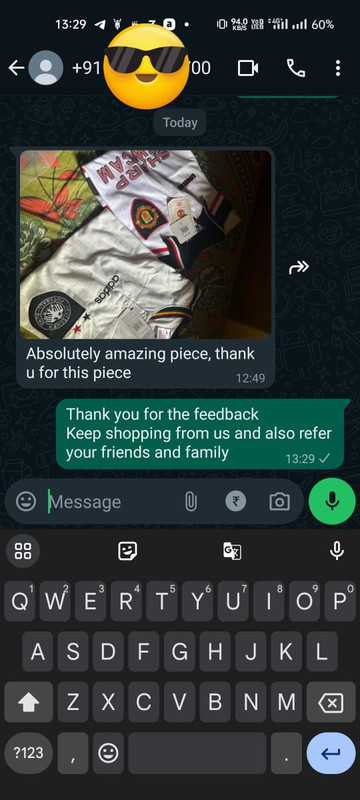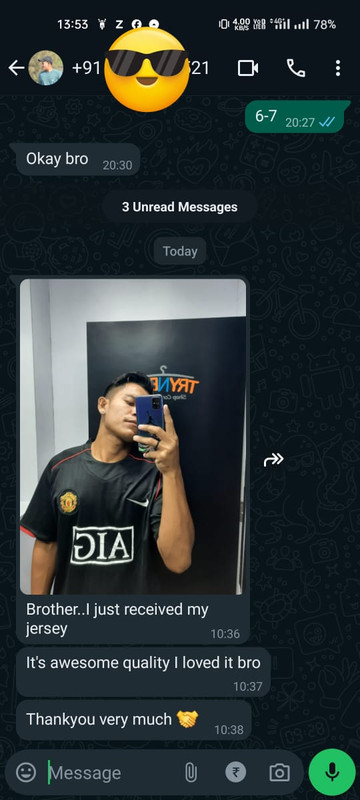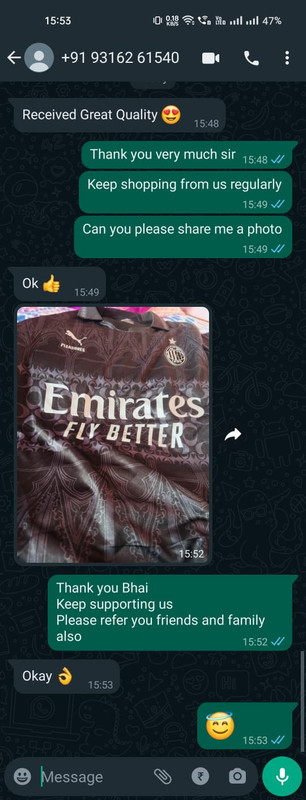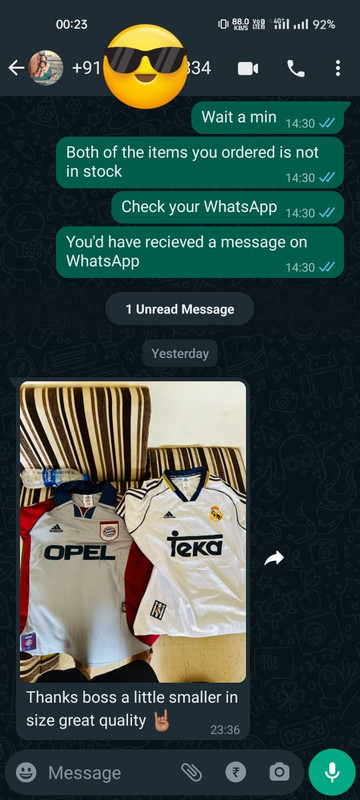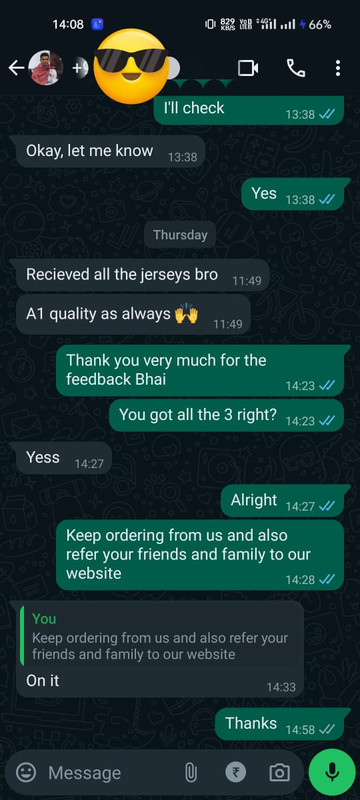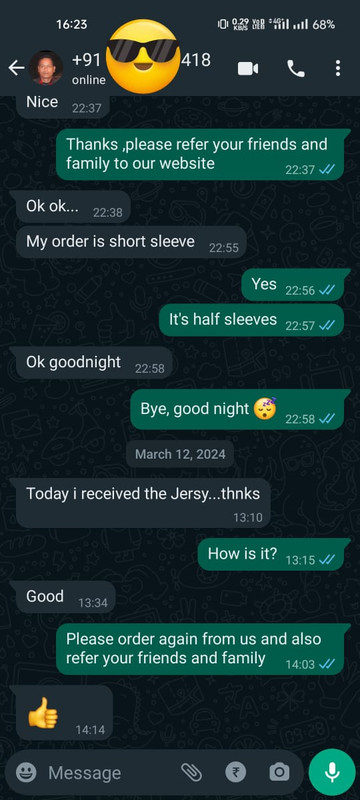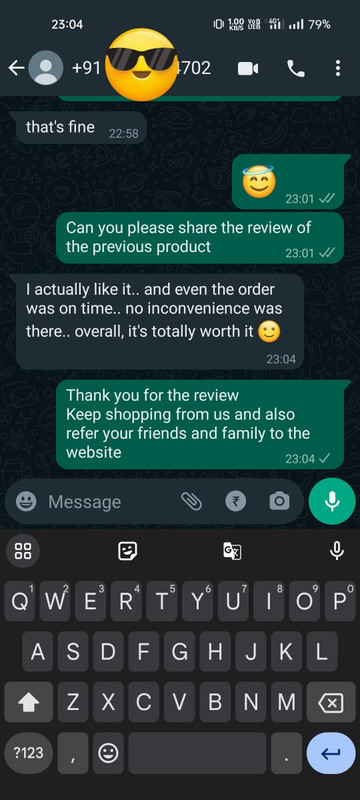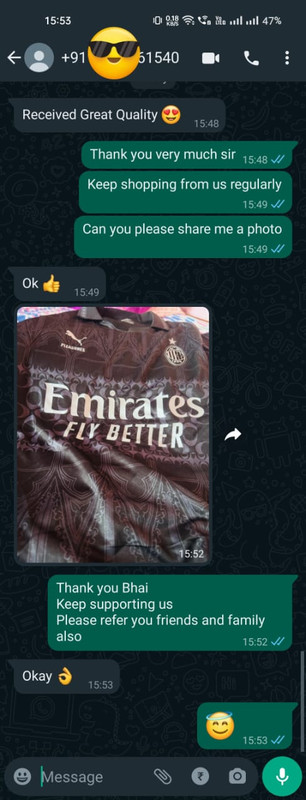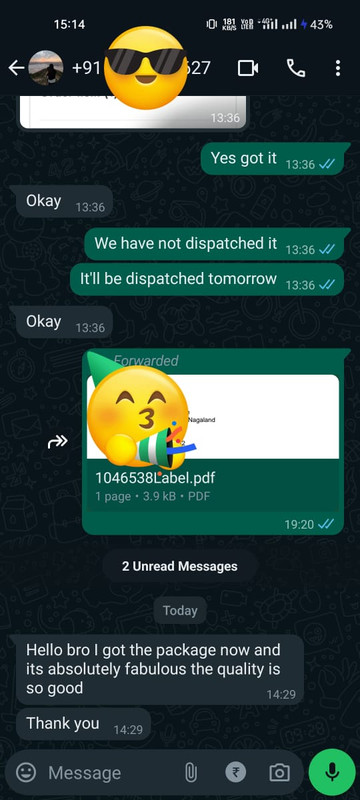Sponsorships are important in football. They bring clubs much-needed money, while brands get exposure to millions of fans. But not all partnerships are a win. Some shirt sponsors have been so strange, controversial, or poorly timed that they made headlines for the wrong reasons. These deals not only embarrassed clubs but also damaged their reputations and upset loyal supporters. In this article, we explore the 10 worst football shirt sponsors ever—and what every club can learn from these mistakes to avoid future disasters.
Why Shirt Sponsorships Matter in Football
Your Shirt Represents the Club’s Reputation
A football shirt is more than a kit. It tells a story about the club’s history, identity, and pride. The sponsor’s logo sits on the chest—right next to the badge. This means that fans often see both symbols as equal in importance. A wrong sponsor logo can damage the shirt’s appeal, upset loyal fans, and make the brand seem out of place in football culture. Clubs must choose sponsors who align with their values and public image to protect their long-standing traditions and fan expectations.
A Bad Sponsor Can Hurt More Than Money
A poor sponsorship deal can do long-term damage. It can upset fans, harm the club’s branding, and lead to embarrassing headlines. Sometimes, clubs even face legal trouble or lost merchandise sales. When fans feel that a sponsor disrespects their values or exploits the game, they may stop buying shirts and supporting the team. Choosing sponsors wisely helps avoid backlash and keeps the club’s public image strong, consistent, and well respected in global sports media.
Also Read: Top Football Shirt Brands
10 Shirt Sponsors That Completely Missed the Mark
Let’s explore real-life examples where football clubs made sponsorship mistakes that fans still talk about today. These brands created problems, confusion, and a lot of negative attention.
1. Newcastle United – Wonga (2012–2017)
Why It Failed:
Wonga was a payday loan company that charged high interest. Many called it unethical and accused it of targeting poor people. Fans hated the sponsor and felt the club betrayed its working-class values. The brand’s image clashed with Newcastle’s identity and added fuel to existing frustrations about ownership.
Outcome:
Supporters protested. Politicians joined the debate. Even local community leaders criticized the club’s decision. Eventually, Newcastle dropped the deal early due to pressure. The sponsor's name still brings up strong emotions among long-time fans and media.
2. West Ham United – XL Airways (2007–2008)
Why It Failed:
XL Airways collapsed mid-season. That left West Ham with no sponsor on their shirts, creating a poor image on live broadcasts. The airline’s financial problems reflected badly on the club’s choice to partner with a brand lacking strong business stability or long-term planning.
Outcome:
The club scrambled to find a replacement. Shirt sales suffered, and the kits became outdated overnight. Fans didn’t want to wear them. West Ham’s brand looked unprofessional, and the failed deal damaged its reputation both commercially and with its global fanbase.
3. Getafe – Burger King (2009–2011)
Why It Failed:
The shirt featured the Burger King mascot’s face inside. When players celebrated with the shirt over their heads, the face appeared. It looked more like a children’s joke than a serious football kit, making it hard for adult fans to take the team seriously during matches.
Outcome:
It got viral attention, but not the good kind. Supporters said it made the club look silly. Shirt sales dropped among older fans, and the design remains one of the most mocked in modern football. The deal ended after two seasons and was never revived.
4. Real Betis – Cirsa (2008–2009)
Why It Failed:
Cirsa is a gambling company. Fans and parents were uncomfortable with promoting betting on shirts worn by children and families. Many said the club promoted unhealthy behavior, which could negatively influence young fans who saw these logos as normal in football.
Outcome:
There were public complaints. Youth kits had to be redesigned without the gambling logo. Critics demanded clubs be more responsible with sponsorship choices. Betis ended the partnership after one season due to ongoing tension and bad public relations.
5. AC Milan – Pooh Jeans (1981–1984)
Why It Failed:
Despite the name, Pooh Jeans had nothing to do with the Disney character. But the name led to laughs, confusion, and endless jokes. For a legendary club like AC Milan, the name felt childish and strange. It didn’t fit the club’s image or fan expectations.
Outcome:
The shirts became an inside joke in European football. Even decades later, fans still laugh about the name. The sponsor failed to bring credibility or class. Milan didn’t repeat this kind of risky branding in later years and chose stronger fashion brands instead.
Helpful for you: Best AC Milan Kits of All Time
6. Everton – Chang Beer (2004–2017)
Why It Failed:
Chang Beer is a Thai alcohol brand. While the deal lasted long, many fans disliked promoting alcohol, especially when children wore the kits. Critics also said the sponsor lacked global appeal, limiting Everton’s chances to expand into larger international markets.
Outcome:
Despite lasting 13 years, the deal faced regular pressure. Some fans refused to buy the shirts. The club later switched to a more neutral, family-friendly sponsor. This change was seen as positive progress by many fan groups and marketing experts.
7. Manchester City – Eidos (1999–2002)
Why It Failed:
Eidos was a video game company, best known for Tomb Raider. The brand wasn’t a natural fit for football. The company also faced business struggles during the deal. It didn’t offer City the global visibility they needed as they tried to grow beyond English football.
Outcome:
The shirts were forgotten quickly. Fans saw the sponsor as random and unconnected to football culture. City moved on to bigger and more relevant sponsors as the club began to build its now-famous global brand under new ownership.
Also Read: Top Manchester City Football Shirts
8. Blackburn Rovers – Time Computers (1997–2001)
Why It Failed:
Time Computers was a budget tech company with little recognition. The logo looked dull, and the brand lacked coolness or energy. When the company later collapsed, the shirt instantly lost value and became one of the least collected kits in the club’s history.
Outcome:
The sponsor brought no excitement. Blackburn lost chances to attract modern or tech-savvy fans. Once the company folded, the partnership was quickly forgotten, and the shirts were sold at deep discounts to clear leftover stock from shelves.
9. Portsmouth – TY (2002–2003)
Why It Failed:
TY made Beanie Babies, cute toys with little connection to a tough football team like Portsmouth. Fans felt the sponsor didn’t match the grit, history, or style of the club. It felt too childish and unserious for one of England’s proud football towns.
Outcome:
The logo made fans laugh rather than cheer. The deal lasted just one season. It didn’t help with merchandise sales or marketing reach. Fans were relieved when the sponsor was gone, and the club moved on to more fitting commercial partners.
10. QPR – Dryworld (2016–2017)
Why It Failed:
Dryworld was a new sportswear brand that promised performance and quality. But they couldn’t deliver on time. Shirts arrived late, and some fans waited weeks for orders. The design and fabric also didn’t meet Premier League standards, leaving supporters frustrated.
Outcome:
QPR faced a mess. The club canceled the deal early after legal threats and angry fans. The shirts were pulled from stores, and the sponsor disappeared from football soon after. It remains one of the shortest and most disappointing deals in club history.
Buy Now: Best Football Jerseys India
What We Can Learn from These Sponsorship Mistakes
Make Sure the Sponsor Fits the Club’s Values
A sponsor should reflect the club’s culture and beliefs. If the sponsor looks out of place, fans will complain. Every deal should support long-term growth, not short-term gain. Matching with a brand that shares the club’s values leads to deeper trust and better results.
Listen to Fan Feedback Before Signing
Fans are the heart of football. They buy the shirts, watch the games, and spread the word. When clubs ignore their supporters and pick controversial or mismatched sponsors, they risk backlash. Listening to fans early can help avoid costly mistakes later.
Think About the Long-Term Brand Impact
Some deals bring quick cash but hurt the brand later. If the sponsor fails or gets into trouble, the club also suffers. A smart deal looks beyond just money. It helps grow the club’s brand, keeps fans happy, and improves reputation in global markets.
Also Read: Best Adidas Football Jerseys of All Time
Final Thoughts: Some Logos Should Stay Off Football Shirts
A football shirt is not just a product—it’s a symbol. When a sponsor doesn’t fit, it damages trust, image, and pride. Football clubs must think carefully about who they partner with. The wrong name on the front can undo years of hard work, respect, and loyalty.
Choose wisely. Fans never forget.
FAQs
Why do clubs agree to bad sponsors?
Sometimes they need money fast or don’t research enough. Desperation can lead to poor, rushed decisions that harm the club later.
Can fans influence sponsorship deals?
Yes. Fan protests, boycotts, or petitions have stopped or ended deals. Clubs listen when public pressure gets loud and consistent enough.
What’s a good sponsor example?
Tech firms like Rakuten (Barcelona) or finance brands like Emirates (Arsenal) often align with club goals and offer global value.
Do clubs still take risks with sponsors?
Yes, especially smaller clubs. But with more fan voices online, risky choices now face fast and public backlash.
